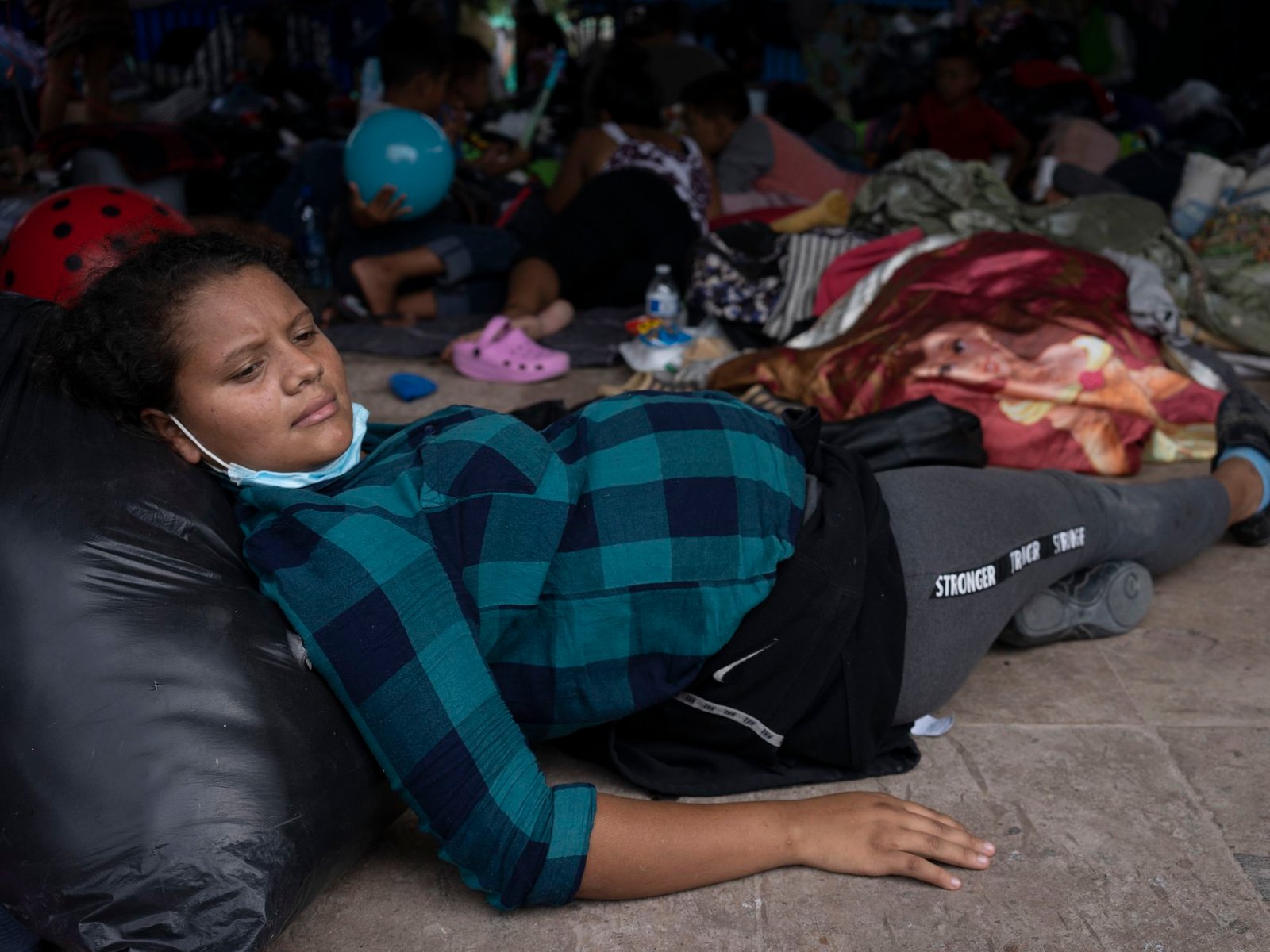Aid for pregnant immigrant women in the U.S.

In the United States, there are a variety of supports and services available to pregnant immigrant women, although options may vary depending on the individual’s status and immigration status. Here are some of the general aids:
- WIC (Women, Infants and Children Program): A federal program that provides nutrition and health services for pregnant women, postpartum mothers and children under the age of five. Provides vouchers for healthy foods, nutrition education and referrals to health services.
- Medicaid: In many states, pregnant women may qualify for Medicaid, a health insurance program, regardless of their immigration status. However, regulations vary from state to state.
- Community health clinics: These clinics provide free or low-cost medical care, and often do not require information about immigration status. They offer prenatal care services, among others.
- Women’s shelters: There are shelters designed to help pregnant women in emergency situations, such as domestic violence or homelessness. These shelters can provide shelter, food and other basic services.
- State and local programs: Some states and localities offer additional support programs for pregnant women, such as access to prenatal education, childbirth classes and other pregnancy-related resources.
- Non-governmental and charitable organizations: There are organizations that offer assistance to pregnant immigrant women, including counseling, emotional support, material resources such as clothing and diapers, among others.
- Food assistance programs: In addition to WIC, there are other programs that can help pregnant women obtain food, such as SNAP (Supplemental Nutrition Assistance Program) and local food banks.
It is important to note that although resources are available, immigrant women may face barriers to accessing them, such as fear of deportation, lack of information or language barriers.
It is advisable to seek advice and guidance through reliable organizations that specialize in immigration issues to ensure that you get the right help without putting your immigration status at risk.
What if I am a migrant and have a child in the United States?
The birth of a child in the United States can bring with it a number of implications and rights for migrant parents.
These range from the child’s citizenship status to possible avenues for parents to legalize their immigration status. Here, we explore some of the most important things migrants should consider if they have a child on U.S. soil.
Citizenship of the Child
One of the fundamental premises of U.S. law is that any child born in the United States, regardless of the immigration status of his or her parents, is automatically a U.S. citizen.
This is enshrined in the 14th Amendment to the U.S. Constitution.
Benefits for the Child
As a U.S. citizen, the child is entitled to all the benefits that come with being a U.S. citizen, including access to public services, education and health care.
In addition, when they reach the age of majority, they have the possibility of sponsoring their family members to obtain permanent residency.
3. Does Not Guarantee Automatic Residency for Parents
It is a common myth that having a U.S. citizen child automatically guarantees residency or citizenship for the parents.
However, this is not true. While a citizen child can eventually act as a sponsor for his or her parents, he or she can only do so once he or she reaches the age of majority, which in the United States is 21.
4. Possible Protections against Deportation
Although having a citizen child does not automatically grant legal status to the parents, in certain circumstances, it may offer some protection against deportation.
For example, during deportation proceedings, factors such as the presence of a citizen child may be considered in determining whether or not to grant discretionary relief.
5. Child Welfare Considerations
In the event that the parents face deportation proceedings, the welfare of the child is an important consideration.
The courts can evaluate whether it is in the best interest of the child to remain in the United States or to return to the country of origin with his or her parents.
6. Future Immigration Options
Having a citizen child may open avenues for legalization in the future.
For example, once a child turns 21, he or she can petition his or her parents for permanent residency, provided they meet other eligibility requirements.
Having a child in the United States may offer some advantages and protections for migrant parents, but it is essential to be informed and fully understand the rights and limitations involved. It is advisable to consult with an immigration attorney to receive personalized guidance and to ensure that the right decisions are made for the family’s well-being.






